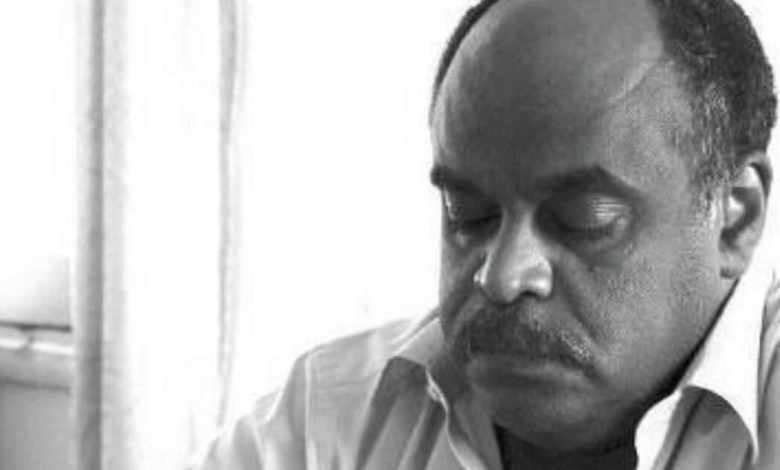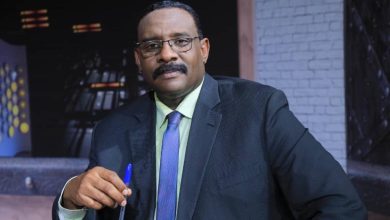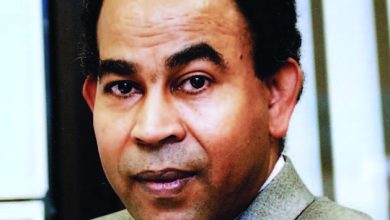International Platforms and Sudan’s War Stopping

By: Dr. Al-Shafie Khader Saeed
The phenomenon of proliferation and multiplying of initiatives, platforms and blocs calling for stopping the war in Sudan, which has the same features and similarities among the Sudanese civil forces and the forces of the international and regional community concerned, has continued to deal with this goal with slowness and inaction amounting to complicity. We hear noise from them but do not see grinding, while the people of Sudan faces destruction and killing. In our previous article, we discussed the spread of this phenomenon among civil forces and mentioned that among its causes are political selfishness and the primacy of private interests among some of these forces, or inability and lack of resourcefulness in confronting the complexities of reality and the inability to present approaches and practical solutions, or perhaps some of these blocs and initiatives are the creation of non-Sudanese international or regional circles, and that is a major blow!
Today, we continue to discuss the spread of the phenomenon regionally and internationally, ruling out its reason for helplessness and lack of resourcefulness, and not ignoring the reason that some external parties may not want to stop the Sudan war quickly and want it to continue for some time, which is what we discussed in one of our previous articles. As we mentioned before, the proliferation of regional and international platforms and initiatives was evident before the war in UNITAMS, then the tripartite mechanism after the African Union and IGAD joined it, and later the quadripartite mechanism sponsoring the framework agreement before the war broke out. After the war, the Jeddah Platform was organized under Saudi and American initiative and sponsorship, and several truce agreements and the May Humanitarian Agreement were issued. Then the African Union Peace and Security Council summit was held, and the IGAD group moved to form an expanded mechanism with the African Union, before the heads of the countries neighboring Sudan held a meeting and launched the neighborhood countries initiative. The initiatives continued to multiply, as we witnessed the formation of the high-level mechanism of the African Union, the visits of the Personal Envoy of the Secretary-General of the United Nations, then the new American envoy, and the activity of the European Union in support from the beginning of these platforms and its organization of the Brussels meetings and the proposed meeting this month in Paris in association with France and Germany, until the summit came in recent UN Security Council resolutions, which called on both sides of the fighting to cease fire during the month of Ramadan. There are the unannounced meetings, including the Manama meeting, which was attended by new and important parties such as the Republic of Egypt and the United Arab Emirates, and this is what we have been calling for since the beginning of the launch of the Jeddah Platform, and senior leaders from the army and the Rapid Support Forces (RSF) also participated in it. Add to all of this, the number of workshops and seminars on Sudan organized by European and American governments and organizations over the past year, and a number of them will be held during the short period from April 15 to 25 in Paris, Switzerland, Sweden, Finland, and Kenya! What is common in all these platforms and initiatives is that it is a “secret place” without any practical steps to implement the recommendations and decisions that are agreed upon, including Security Council resolutions and agreements signed in the Jeddah platform.
The international actors we met recently talk about the motivation of international and regional powers to continue facilitating a new round of talks to stop the war, after Eid Al-Fitr, and perhaps in Jeddah as well. We hope that this will happen today before tomorrow, taking into account the worsening disaster in the country, which is no longer limited to the consumption of bullets alone, but has expanded to end lives due to the lack of food and medicine, as manifested in the spread of racist and hate speech, which exacerbates the tearing of the social fabric in the country and threatens its unity, and in the return of the vulgar practices of using the state apparatus, specifically the judicial apparatus, to criminalize those who differ in opinion and political position. All of this fuels the flames of war and exacerbates the complexities of the country’s already volatile and tense situation. It also prompts indicators that the continuation of the war threatens security, peace and stability regionally and internationally.
Certainly, the Sudanese, with their knowledge and experience in Sudanese affairs, can make observations and criticize the structure and composition of the various international and regional platforms and their working methods in managing the talks to stop the war. They are also able to present whatever proposals they see that they believe can contribute positively to the success of the next rounds. For our part, we have been doing this since the establishment of these platforms and initiatives, and we will continue, and all of this without any infringement on the knowledge and experience of the international facilitators of these discussions, whom we acknowledge for their combination of theoretical knowledge and practical knowledge gained from operational experience in silencing bullets and resolving conflicts around the world. As for the next round, we consider the importance of adhering to the same structure that was in the Manama talks. We also suggest that the round discuss the mechanisms for implementing what has been and what will be agreed upon, with the necessity of accompanying the vision of the civil forces regarding stopping the war, and this requires these forces to speed up their reunification and create a mechanism. They coordinate among themselves and unify their visions.
Today’s world is governed by the inescapable laws of globalization, which are the basis of interactions and intersection between its components. This is an objective and inevitable phenomenon, and its goal is to preserve the security, peace and stability of the world. Hence the inevitability of the international community’s contribution to stopping the war, especially in light of the inability and failure of our political elites who are still in the grip of political disagreements and factionalism. I believe that no rational person can reject these contributions, but he must differentiate with full awareness between their objectivity and inevitability in light of globalization relations, and the content of the solutions included in them, knowing that the solution to our crises lies within the country and will not come from outside. Of course, we also do not ignore the international and regional community’s efforts to achieve its own interests related to achieving global stability, drying up the sources of terrorism, and ensuring the smooth flow of economic transactions. Rather, we acknowledge, understand, and cooperate in all of this. However, what we would like to say, firmly, is that the interests of abroad cannot be at the expense of the interests of our people.



